Our team asked Oghenetega Iortim, the founder and CEO of GRICD, about how his startup is helping solve the issue of quality assurance of temperature-controlled products. Here is what we found out:
Q: For those who don’t know you, tell us in a few words: who is Oghenetega Iortim, and what is GRICD?
My name is Oghenetega Iortim, I’m a graduate of Covenant University where I earned a degree in communications engineering back in 2013. I specialise in product development with over 7 years of experience across multiple sectors including transportation, Oil & Gas, Supply chain. My role in these sectors was to coordinate the build of the software that improved overall productivity through real-time data.
I am also the founder of Gricd. Gricd helps businesses and organisations assure the quality of temperature-controlled products being delivered to and from the last mile. Temperature-controlled products may include vaccines, chemotherapy medication, blood, food, etc. In Africa we lose a lot of products in storage and transit due to storage inefficiencies, this fact is made obvious when we look at the statistics in both healthcare and agriculture. In sub-Saharan Africa, 20% of Infants do not have access to life-saving vaccines, and a huge reason for this poor cold chain while in Agriculture, despite having over 220 million malnourished people, we still lose over 40% of foods produced due to inefficiencies across the supply chain. So Gricd essentially provides real-time data that prompt action to curb losses.
Q: How did you get to know about Jack Ma Foundation’s Africa’s Business Heroes (ABH) prize competition, and what did you do differently to be selected among the Top 10 oustanding African entrepreneurs this year?
I had a friend who made it to the top ten in the ABH 2019 edition. His name is Arikawe Ayodeji of thriving Agric, Thrive Agric provides capital in form of inputs and then connects farmers to buyers after harvest. He informed me about the opportunity and advised that I apply this year as we have made a significant impact in both the healthcare and Agriculture space, citing our partnership with the National Primary Health Care Development Agency (NPHCDA), where we are helping track all 4.2 million Moderna vaccines being distributed to each of the 36 states to ensure potency. I went and applied because I know how impactful the Jack Ma Foundation’s Africa’s Business Heroes program can be on entrepreneurs, we have seen the exponential growth a number of the businesses have enjoyed through partnerships formed after the event and how many have gone to raise capital to enable them to reach their goals. I’m not sure I did anything differently really, I just practised my pitch a lot to ensure it made sense and communicated effectively.
Q: What lessons have you learned from the ABH program?
I have learnt a lot from the ABH mentorship session, one key lesson learnt is the value of data in understanding the thoughts and needs of your customers. That was a major learning for me and that changed how we currently prioritise the needs of our customers for future software builds.
Q: How do you plan to use the experience and lessons from the program, to impact local business in Nigeria?
Our solution currently impacts businesses and lives as it ensures businesses generate more income while also ensuring access to life-saving products such as food and medication at the last mile. However, lessons learnt from the ABH program will help us better improve our commitment and quality of service to our customers, secondly, in a personal capacity, I’d like to give more hours to mentorship sessions with budding startups and entrepreneurs. Hopefully, this helps them become successful.
Q: The ABH initiative is ongoing for another 7 years, who is eligible to apply and what tips can other startups take note of to enable them to participate next year and in the other upcoming editions?
The ABH Initiative is set up to give rocket fuel to businesses that are already making some type of impact in their communities. An entrepreneur looking to apply next year should have launched an impact-driven business with traction in his or her community. It’s a rigorous process as you’d have audited statements reviewed as well as corporate policies, so books need to be in order. The founder needs to be malleable to listen to the mentors provided as they are a well of wisdom not just for the prize but for the business expansion. Last and most important, you should be able to convincingly pitch your business to the audience and judges.
Q: How do you plan to use your share of the money you will be getting in November this year from the ABH?
The prize money will be used to finance expansion plans within the organisation. We’re a lean team, while this is great, bandwidth can sometimes be a challenge. So, the first thing I will do will be to bring on board some strategic hires to help in key areas of the business, secondly, facilitate more R&D activities within our engineering team to improve product and customer experience.
Q: What problem is your business solving in Africa, in Nigeria, or your community?
We’re solving the problem of losses. In Africa we lose a lot of products in storage and transit due to storage inefficiencies, this fact is made obvious when we look at the statistics in both healthcare and agriculture. In sub-Saharan Africa, 20% of Infants do not have access to life-saving vaccines and a huge reason for this is a poor cold chain. This leads to over 138 deaths per thousand infants within the sub-Saharan region. While in Agriculture, despite having over 220 million malnourished people, we still lose over 40% of foods produced due to inefficiencies across the supply chain. Gricd essentially provides real-time data that enables businesses to take measures to curb losses that impact both revenue and quality of life.
8) Do you think this is the right time for your startup to solve the problem?
I think there’s never a wrong time to provide a solution to a problem. But I think the relevance of our solution was magnified by the COVID-19 pandemic as a lot more light was shed on the issues of immunization and the challenges. We’ve been able to support a lot more businesses through the pandemic ensuring reduced loss in medical items being transported across to and from the last mile. With the federal government, we helped track over 4 million vaccines being distributed across the 36 states of the country.
Q: Does your solution fit in the market? (Do people want it)?
Yes, it does, this is demonstrated through the continuous growth in annual revenue which has grown at least 5 times in the last 12 months.
Q: Tell us more about your team, why are you the best to solve this problem?
We’re a young but really experienced team with over 60 years combined working experience mostly in engineering but that’s because the product involves precision and technicality. Each team member brings insight into the development of the tracking technology, software experience, and interaction. The team currently has a customer growth rate of an average of 100% month on month.
Q: How innovative is your startup? (technological/social innovation).
We’re innovating around the problem of real-time visibility that also impacts the quality of lives lived. Prior to the date, there was limited visibility into the storage and transportation conditions of items such as vaccines which exposed them to losses and denied millions of people access to vaccines or vital medication. Our solution takes advantage of GSM network availability to provide real-time insight into the location and storage conditions of products in transit that enables them to pre-empt and prevent losses that may occur.
Q: What is the social impact of your startup and what makes you different in the market?
We’re improving access to quality medication and agro products where needed. It’s important because the region has about 220million undernourished people and 138 per thousand deaths due to preventable diseases. Increased access means a healthier population living much better lives.
Q: How are you scaling up the startup and how do you measure your success?
We largely collaborate to scale, working with various associations and partners that enable us to scale into new markets and opportunities.
Q: What advice do you have for budding entrepreneurs and new startups in Nigeria?
My advice to budding entrepreneurs will be to start today. You may have an idea of where you want to get to but be malleable enough to take customer feedback seriously as that will guide you to the gold mine. Entrepreneurship can be incredibly hard and could be a very lonely path, but I assure you that it’s worth it eventually. Be tenacious, find mentors and bounce ideas off them as much as possible but also believe in yourself and your seemingly “dumb” ideas.
Contact details:
Website: www.gricd.com
Email: tega@gricd.com
Phone Number: +2347036677576

































